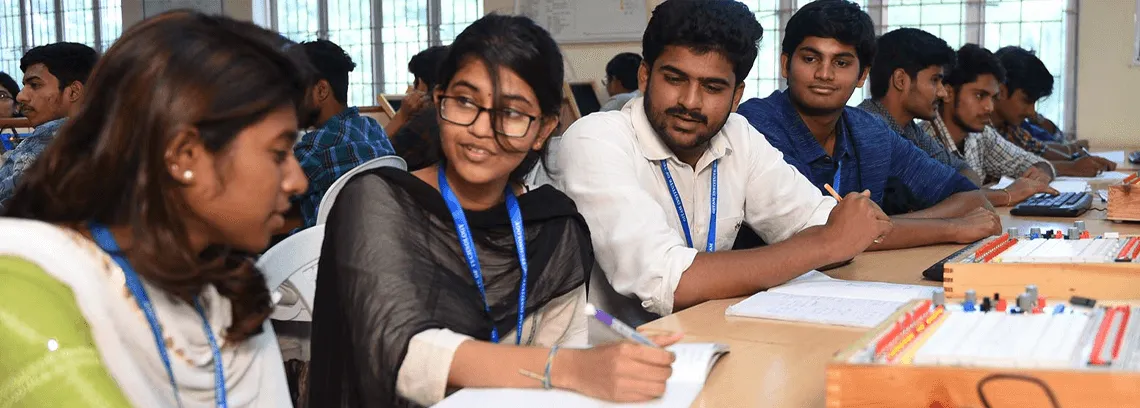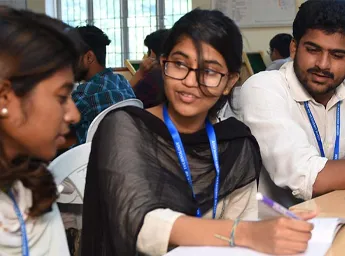MSc Electronics
GITAM's Master of Science (MSc) in Electronics is an advanced programme designed for those seeking to deepen their expertise in the field of modern electronics. Students will develop their problem-solving skills as well as learn the designing and operation of electronic systems through participation in the programme offered at our Bengaluru campus.
Delivered by the Department of Electronics, the postgraduate programme builds upon foundational knowledge, offering coursework in areas such as physics, engineering, technology, and applications that deal with the emission, flow, and control of electrons in vacuum and matter.
This MSc programme fosters critical thinking and problem-solving skills, bridging the gap between theoretical knowledge and industry demands. Students will gain hands-on experience through laboratory work and research projects, ensuring they are well-prepared to contribute to technological advancements and innovation in the rapidly evolving field of electronics.
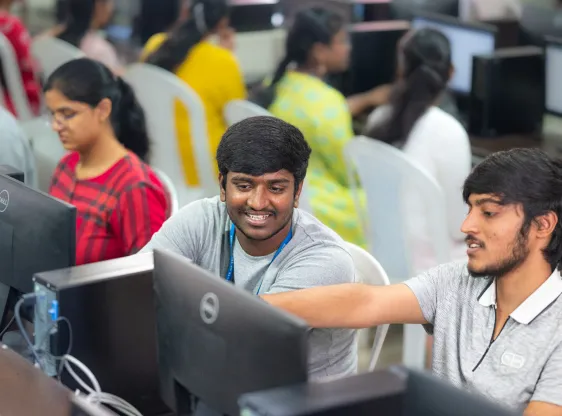
Eligibility
Applicants must have a Bachelor of Science degree (BSc) in a relevant discipline from a recognised university, with a minimum of 50% aggregate marks. Relevant disciplines include Electronics, Physics, Mathematics, or other allied subjects. Additionally, applicants must have qualified in the GAT (PG Science), JAM, or CUET.
Scope of the Programme
The MSc in Electronics programme equips students with advanced knowledge and specialised skills essential for thriving in the complex and rapidly advancing field of electronics. The curriculum delves deeper into the design, analysis, and implementation of sophisticated electronic systems, encompassing areas such as microelectronics, embedded systems, digital and analog circuit design, and advanced communication technologies.
Upon successful completion of the MSc in Electronics, graduates are well-prepared to contribute to cutting-edge research, drive innovation, and lead in various sectors such as telecommunications, information technology, consumer electronics, automotive electronics, aircraft manufacturing, and industrial automation.
The programme's comprehensive approach ensures that students not only master the theoretical aspects but also gain practical experience, enabling them to excel in diverse, high-impact careers within the global electronics industry.
Key Highlights
Centres of Excellence & Infrastructure
- DST FIST – Physics Research Lab
Research Centre
- MURTI Multidisciplinary Research
Liberal Education Model
24 credits can be earned across different Schools:
- Architecture
- Business
- Physiotherapy
- Law
- Engineering
- Humanities
Industry & Academic Collaborations
- AMTZ
- Panacea Medical Technologies
- AcenAAr Technologies
- Pallet Services
- Coventen Industrial Solutions
Syllabus
The curriculum has been collaboratively designed by experts from prestigious institutions like IITs, ISERs, UoH, and BHU, in alignment with the National Education Policy 2020.
Specialisation course bundles offered
- Quantum Computing
- Atmospheric Physics
- Data Science
- Business Administration
- Information Technology
Key topics covered
- Physics of Electronic Materials
- Electronic Communication
- Programming Language C
- Microprocessors & Microcontrollers
- Analog and Digital Electronics Lab
- Skill Enhancement Programme
- RADAR Systems and Mobile Communication
Career Options
With advanced expertise in electronics, MSc graduates are positioned at the forefront of modern technology, where they play a pivotal role in the development and optimisation of devices, systems, and infrastructure across various industries.
From telecommunications and healthcare to automation and consumer electronics, the specialised knowledge of electronics professionals is crucial in driving innovation and maintaining the cutting-edge technologies that power our world.
India's electronics and telecommunications industry is experiencing rapid growth, with the demand for electronic products projected to reach $400 billion by 2025, up from $33 billion in FY20. This surge is fuelled by innovations in the Internet of Things (IoT), artificial intelligence, renewable energy, and other emerging fields, creating a wealth of opportunities for MSc Electronics graduates.
Are you prepared to lead the charge in shaping the future of technology and advancing the field of electronics?
Here are some exciting career paths to consider:
- Advanced Electronics Design Engineer
- Senior Embedded Systems Developer
- Telecommunications Systems Architect
- Robotics and Automation Engineer
- Technical Innovation Specialist
- Technical Director
- Technical Writer
- Electronics And Communication Consultant
Star Recruiters
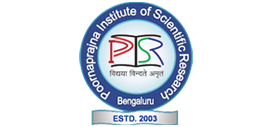
Notable Alumni
Infrastructure and Facilities


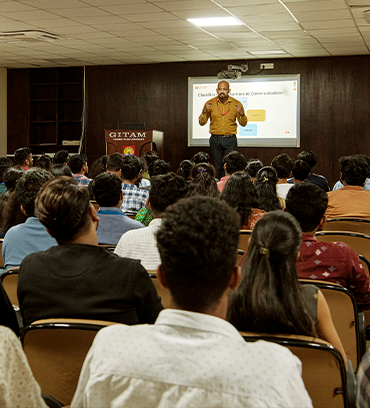




Fee Structure
M.Sc. Electronics
1st Year
₹82,900
2nd Year
₹87,000
Scholarships
Merit-Based Scholarships
The scholarship from GAT/National/State Entrance Tests applies only in the first year. To continue receiving it in subsequent years, a minimum CGPA of 8.0 must be maintained.
Apart from the above, the following scholarships are also offered to eligible students.
- Employee Children Scholarships: (60%, 40%, and 20%)
- Loyalty Scholarships: (10% for Any alumni returning to do higher studies/Children of Alumni/Real siblings (Not applicable to step siblings or cousins)/Children of retired employees of GITAM/Spouse of GITAM employees).
- Sports Scholarships: (100%, 75%, 50%, 25% and 15%)
Need-Based Scholarships
- To be eligible for the need-based scholarship, the combined income of both parents/guardians of the eligible student/If the student is married, the combined income of the family, i.e., the student's and spouse's income, must be less than 8.00 LPA.
- The candidates admitted through merit scholarship in the slabs of 75%, 60%, 40%, 25%,and 15%, and the parents/guardians combined income is less than the prescribed limits are eligible for the additional need-based scholarship.
| Scholarship % | Upgraded Scholarship % |
|---|---|
| 75% | 100% |
| 60% | 75% |
| 40% | 60% |
| 25% | 40% |
| 15% | 25% |
Scholarships For Accommodation
- In addition, students awarded need-based scholarships after merit scholarships will receive an additional 20% scholarship specifically allocated for hostel fees at GITAM for slabs: 15%, 25%, 40%, and 60%.
- Students awarded 75% & 100% scholarships are also awarded the same percentage in the hostel and food charges.
| Year | Scholarship % | GAT 2025 Score | JAM 2025 Rank | CUET (PG) 2025 Marks | AP PGCET 2025 Marks | TS CPGET 2025 Marks |
|---|---|---|---|---|---|---|
| 2025-26 | 100 | 141 - 200 | 1-200 | >=285 | 110-120 | 95-100 |
| 75 | 121 - 140 | 201-300 | 275-284 | 100-109 | 85-94 | |
| 60 | 111 - 120 | 250-274 | 90-99 | 80-84 | ||
| 40 | 101 - 110 | 501-750 | 225-249 | 80-89 | 75-79 | |
| 25 | 91 - 100 | 751-1000 | 200-224 | 70-79 | 65-74 | |
| 15 | 81 - 90 | 1001-1500 | 180-199 | 55-69 | 50-64 |
Note: Terms & Conditions Applied




